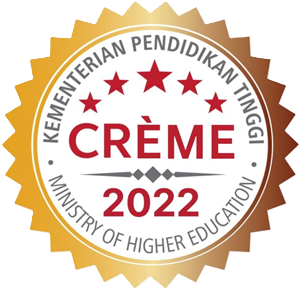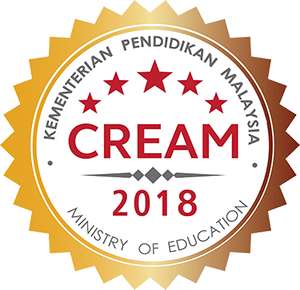POTENTIAL SKIN CANCER CHEMOPREVENTIVE EFFECTS OF TERPENOID-RICH CANARIUM ODONTOPHYLLUM (TRCO) LEAF EXTRACT IN UVB-IRRADIATED HUMAN KERATINOCYTES (HaCaT)
DOI:
https://doi.org/10.26525/jtfs2025.37S.SI.11Keywords:
Dabai, Canarium odontophyllum, skin cancer, chemopreventive, UVBAbstract
Skin cancer is a prevalent form of cancer, primarily driven by the harmful effects of ultraviolet-B (UVB) rays from the sun. Cancer chemoprevention seeks to prevent cancer development in the ongoing battle against the disease. Canarium odontophyllum Miq., recognised as “dabai” is a native plant found in Sarawak, Malaysia. Our study investigated the chemopreventive activity of the terpenoid-rich extract of C. odontophyllum Miq. leaves (TRCO) in skin cancer model in vitro. The terpenoid profiling was done using gas chromatography-mass spectrometry (GC-MS). A skin cancer model using human keratinocytes (HaCaT) was used (induced with 30 mJ/cm2 UVB for 6 passages and pretreated with 500 and 1000 μg/mL TRCO). Results demonstrated that the extract was rich in terpenoids, particularly phytol and spathulenol. Pre-treatment with TRCO significantly increased (p < 0.05) the level of tumour protein p53 (TP53), reduced proliferative protein KI-67 (KI67) and vascular endothelial growth factor (VEGF) compared to the UVB-only group. The abundance of terpenoids in TRCO functioned as potent exogenous antioxidants, countering free radicals, reducing inflammation and minimising cell and tissue damage. TRCO exhibited promising chemopreventive activity and held great potential as a chemopreventive agent against UVB-induced skin cancer by promoting cell repair and suppressing proliferation and angiogenesis levels. In conclusion, the findings may facilitate the exploitation of the endemic C. odontophyllum Miq. of Sarawak as a possible cancer chemoprevention agent.









